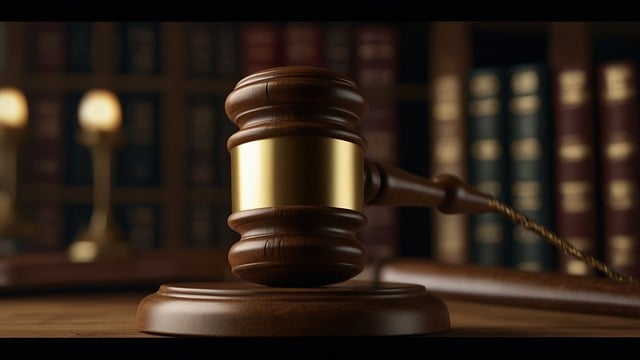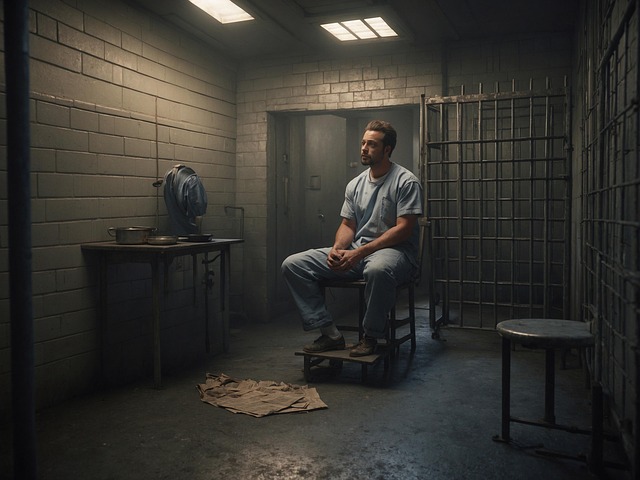This text explores the intricacies of criminal defense hearings, emphasizing the balance between protecting accused individuals' rights through fair trial advocacy and adhering to strict legal procedures. Key aspects include initial charge reading, right to remain silent, consult counsel, and enter a plea, with defense attorneys managing evidence and witness examination. The ultimate goal is a fair hearing where both parties have equal opportunities to present their cases, upholding the integrity of the criminal justice system. Legal counsel is vital for securing fair trials, providing advocacy and protecting rights through strategic planning and aggressive representation. Effective appeal strategies involve challenging evidentiary rulings and constitutional violations, while preserving evidence and investigating potential misconduct are crucial for robust legal representation. Ethical considerations, such as confidentiality and avoiding conflicts of interest, ensure truthfulness and protect the rights of the accused, maintaining the integrity of the legal process. Open communication, using plain language and active listening, strengthens the attorney-client relationship, benefiting defense hearings and appeals, and is a cornerstone of effective fair trial advocacy.
“Uncovering the intricacies of criminal defense hearings and appeals is paramount for ensuring just and fair trial advocacy. This comprehensive guide delves into the critical aspects of legal representation during these pivotal processes, from understanding client rights and procedural nuances to mastering appeal strategies and ethical considerations.
Explore essential strategies for preserving evidence and investigating potential misconduct, enhancing your ability to defend against charges and safeguard your clients’ interests. By arming yourself with this knowledge, you’ll be better equipped to navigate the complexities of criminal defense, ultimately fostering a robust and fair legal system.”
- Understanding Criminal Defense Hearings: Rights and Procedures
- The Role of Legal Counsel in Ensuring a Fair Trial
- Navigating Appeals: Grounds for Appeal and Legal Strategies
- Preserving Evidence and Investigating Potential Misconduct
- Ethical Considerations in Criminal Defense Practice
- Effective Communication with Clients During Critical Legal Processes
Understanding Criminal Defense Hearings: Rights and Procedures

Understanding Criminal Defense Hearings involves grasping both the rights of the accused and the procedures that guide these processes. At its core, fair trial advocacy ensures that every individual charged with a crime is treated with dignity and provided an opportunity to defend themselves effectively. This begins with the initial hearing where the charges are read, and the defendant has the right to remain silent, consult with legal counsel, and enter a plea. The defense attorney plays a pivotal role in navigating these proceedings, ensuring that all constitutional rights are upheld.
Procedures include the presentation of evidence, witness examination, and cross-examination, which are managed by the judge. The accused is entitled to challenge evidence and testimonies, presenting their own witnesses and arguments. Throughout this process, the focus remains on ensuring a fair hearing where both sides have an equal opportunity to make their case. This adherence to due process is vital for maintaining the integrity of the criminal justice system and upholding the principles of justice.
The Role of Legal Counsel in Ensuring a Fair Trial
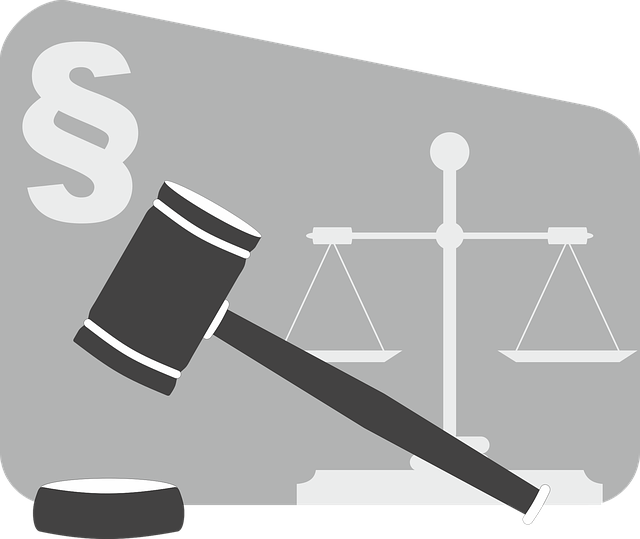
Legal counsel plays an indispensable role in ensuring a fair trial for individuals facing criminal charges. Their primary responsibility is to advocate on behalf of their clients, safeguarding their rights and interests throughout the legal process. Skilled defense attorneys utilize their expertise to navigate complex legal procedures, challenge inadmissible evidence, and cross-examine witnesses to uncover potential weaknesses in the prosecution’s case.
Through strategic planning and aggressive representation, they can help shape the course of the trial, influencing the judge’s or jury’s decision. Effective legal counsel also facilitates communication between the client and the court system, ensuring that all legal options are explored and exhausted. They provide guidance tailored to their client’s unique circumstances, enabling them to make informed decisions that could significantly impact the outcome of their case.
Navigating Appeals: Grounds for Appeal and Legal Strategies

Navigating appeals in criminal cases is a complex process, requiring careful consideration of specific legal grounds for review. Defendants or their representatives must identify errors or issues that may have affected the outcome of their trial, ensuring these meet the necessary criteria for appellate review. Common grounds for appeal include allegations of constitutional violations, improper admission of evidence, ineffective assistance of counsel, and bias or prejudice during proceedings. Each ground demands a thorough analysis of the facts and applicable laws to build a compelling argument for a fair trial advocacy perspective.
Legal strategies for appeals vary based on the identified issues. Attorneys may challenge evidentiary rulings, argue constitutional violations, or present new evidence that could potentially alter the verdict. They must be adept at constructing legal theories, referencing relevant case law, and presenting persuasive arguments to the appellate court. Effective appeal strategies often require a detailed review of the trial record, expert analysis, and a comprehensive understanding of the appeals process, all geared towards securing a just outcome and upholding the principles of fair trial advocacy.
Preserving Evidence and Investigating Potential Misconduct
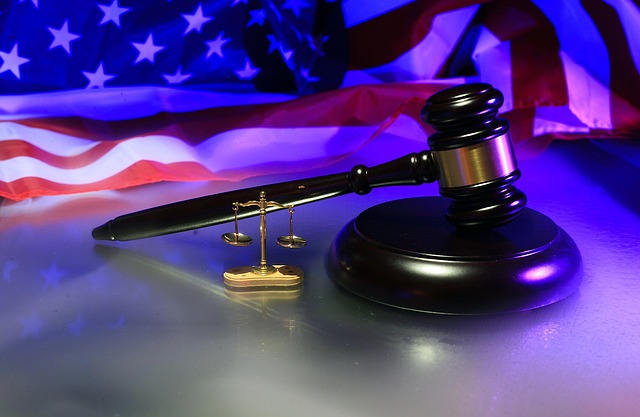
Preserving evidence is a cornerstone of ensuring a defendant receives a fair trial, as it allows for thorough investigation and accurate representation. Legal professionals must be adept at navigating the process of collecting, organizing, and presenting evidence to support their client’s case during hearings and appeals. This includes reviewing police reports, gathering witness statements, and securing physical proof related to the alleged crime. Early intervention in this process can help uncover potential issues with evidence integrity or tampering, which may have significant implications for the outcome of a trial.
Investigating potential misconduct is another critical aspect of fair trial advocacy. Defense attorneys must be vigilant in scrutinizing the actions of law enforcement officers, prosecutors, and other involved parties to identify any unethical behavior or violations of legal protocols. This proactive approach ensures that any discrepancies or biases are addressed before they impact the fairness of a hearing or appeal. By preserving evidence meticulously and investigating potential misconduct, legal teams can strengthen their defenses and advocate effectively for their clients’ rights.
Ethical Considerations in Criminal Defense Practice
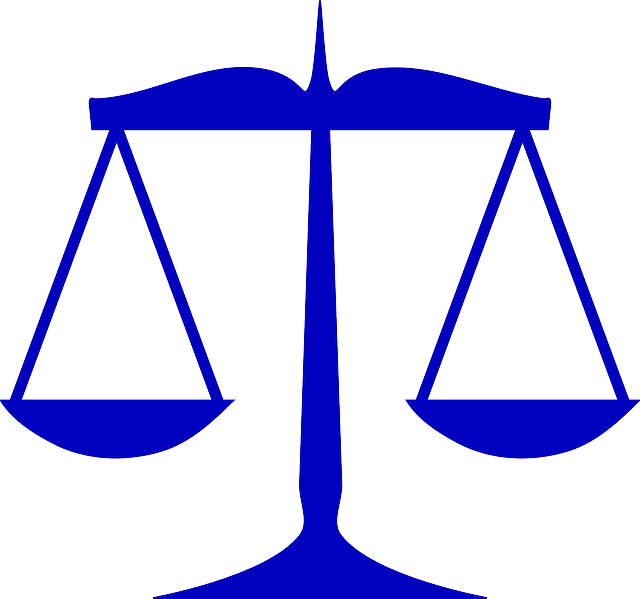
In the realm of criminal defense practice, ethical considerations are paramount. Lawyers advocating for their clients in hearings and appeals must uphold the highest standards of integrity to ensure a fair trial. This includes maintaining confidentiality, avoiding conflicts of interest, and being truthful and transparent with both the court and the client. The goal is not merely to win but to protect the rights and interests of the accused while upholding the integrity of the legal process.
Ethical practice also involves understanding and mitigating potential biases, ensuring effective communication, and providing informed counsel. Defense attorneys play a crucial role in navigating the complex landscape of criminal law, and their ethical conduct is a cornerstone of fair trial advocacy. By adhering to these principles, they contribute to a just and balanced legal system.
Effective Communication with Clients During Critical Legal Processes

Effective communication is a cornerstone of fair trial advocacy. Lawyers must clearly and compassionately explain complex legal procedures, rights, and options to their clients during critical hearings and appeals. This involves using plain language, avoiding jargon, and tailoring explanations to each client’s unique situation, cultural background, and level of understanding. Active listening is equally crucial; lawyers should carefully consider their clients’ concerns, goals, and expectations to build trust and ensure informed decision-making.
During these legal processes, open and honest dialogue can significantly impact the outcome. Lawyers should be responsive to clients’ questions and concerns, providing timely updates and addressing misconceptions promptly. Building a strong attorney-client relationship based on clear communication fosters collaboration, enabling effective strategic planning and advocacy for the best possible outcome in defense hearings and appeals.

